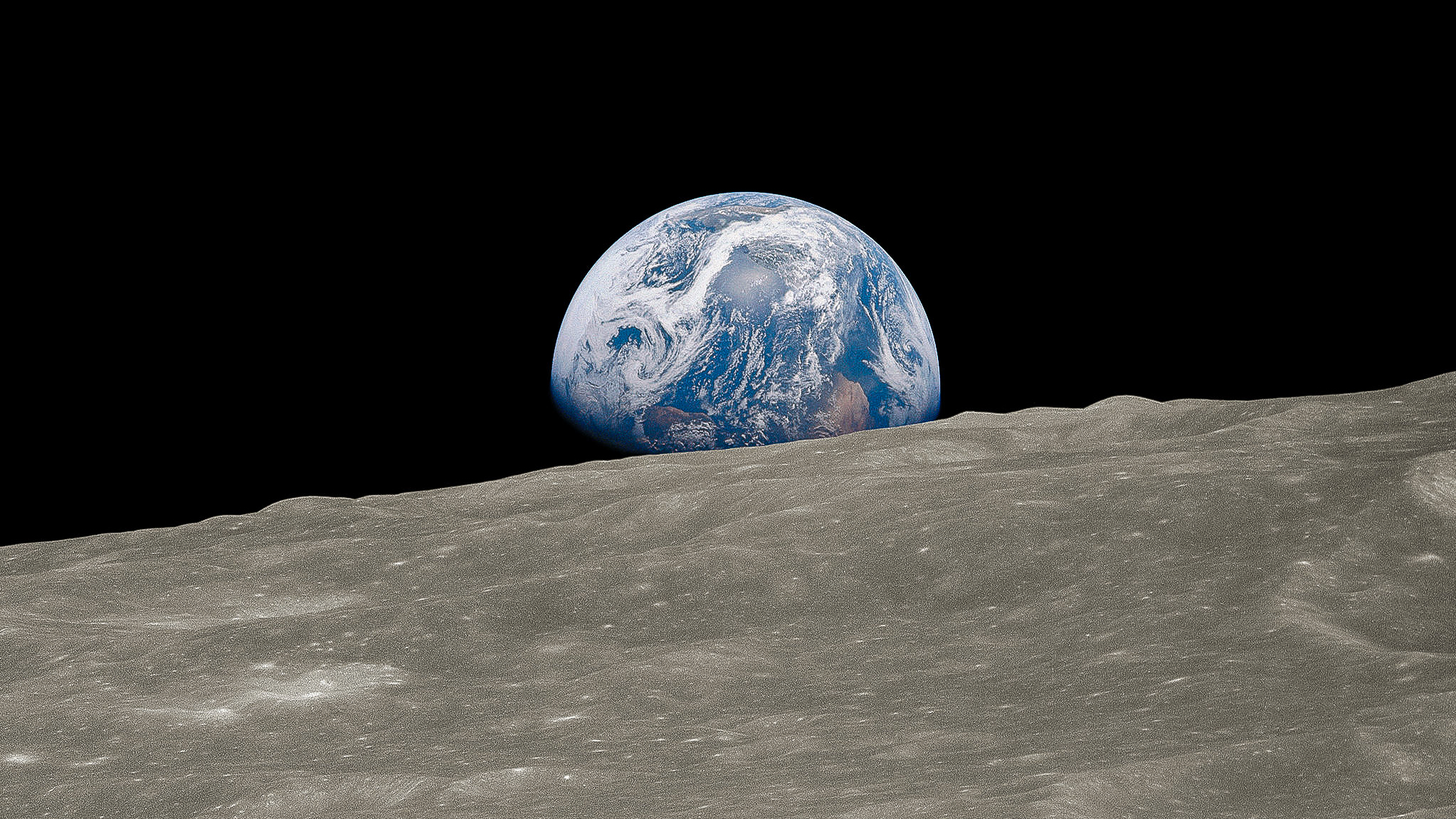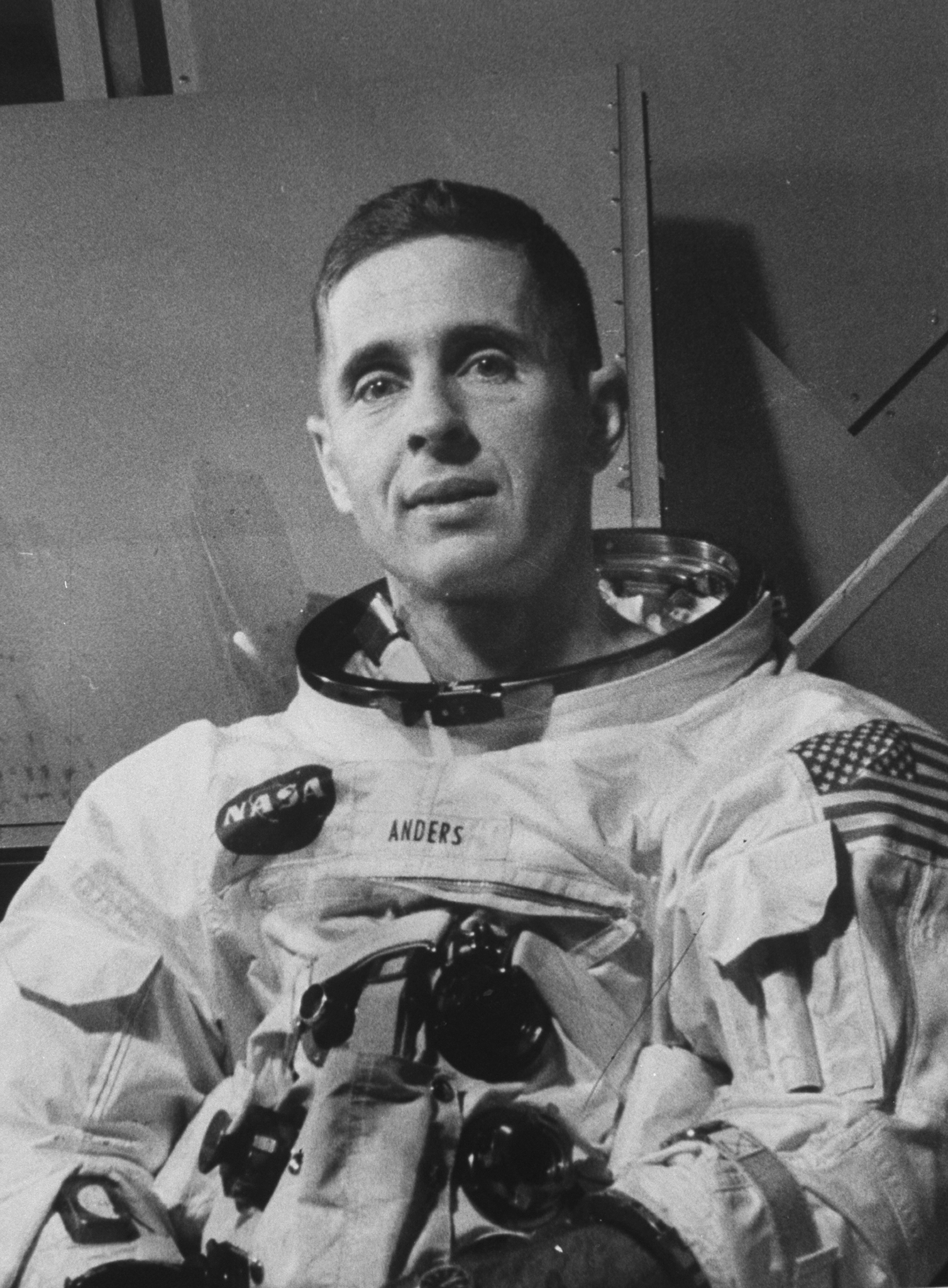
US astronaut William Anders has died aged 90. He is the man who photographed Earthrise - which become one of the most iconic images of the 20th century, and one of the most memorable photographs of space. The image was shot on Christmas Eve 1968 from Apollo 8 – the first NASA mission to orbit the Moon.
We’d come 240,000 miles to see the moon and it was the Earth that was really worth looking at
William Anders
Legendary landscape photographer Galen Rowell described it as "the most influential environmental photograph ever taken".
It partly was a matter of luck that Anders got the shot – as he was the one of the three astronauts onboard that was holding the camera fitted with a telephoto lens. He was quickly able to switch to color film at the moment the astronauts saw the Earth begin to rise through the porthole.
The image showing our blue planet was one of a series shot by Anders using a modified Hasselblad 500 EL medium format camera, fitted with a 250mm lens, and loaded with Kodak Ektachrome film; the exposure was 1/250sec at f/11.

It was the wonder of seeing the beauty of our blue planet from out of space for the first time that made it such an iconic image. "Our Earth was quite colorful, pretty, and delicate compared to the very rough, rugged, beat-up, even boring lunar surface", reminisces Anders. "I think it struck everybody that here we’d come 240,000 miles to see the moon and it was the Earth that was really worth looking at."
The photograph is credited with creating Earth Day, which has been celebrated every year since 1970. Founded by US senator Gaylord Nelson, Earth Day has grown into a global phenomenon, with over a billion people expected to be engaged with it across 190 countries.
"That one picture exploded in the consciousness of humans," said former US Vice President Al Gore. "It led to dramatic changes. Within 18 months of this picture the environment movement had begun."
Bill Anders died in the plane he was piloting crashed over the San Juan Islands, off the Washington state coast, on Friday June 7.
Read more:
Astrophotography from your backyard
Best lenses for astrophotography
How and when to photograph the moon







